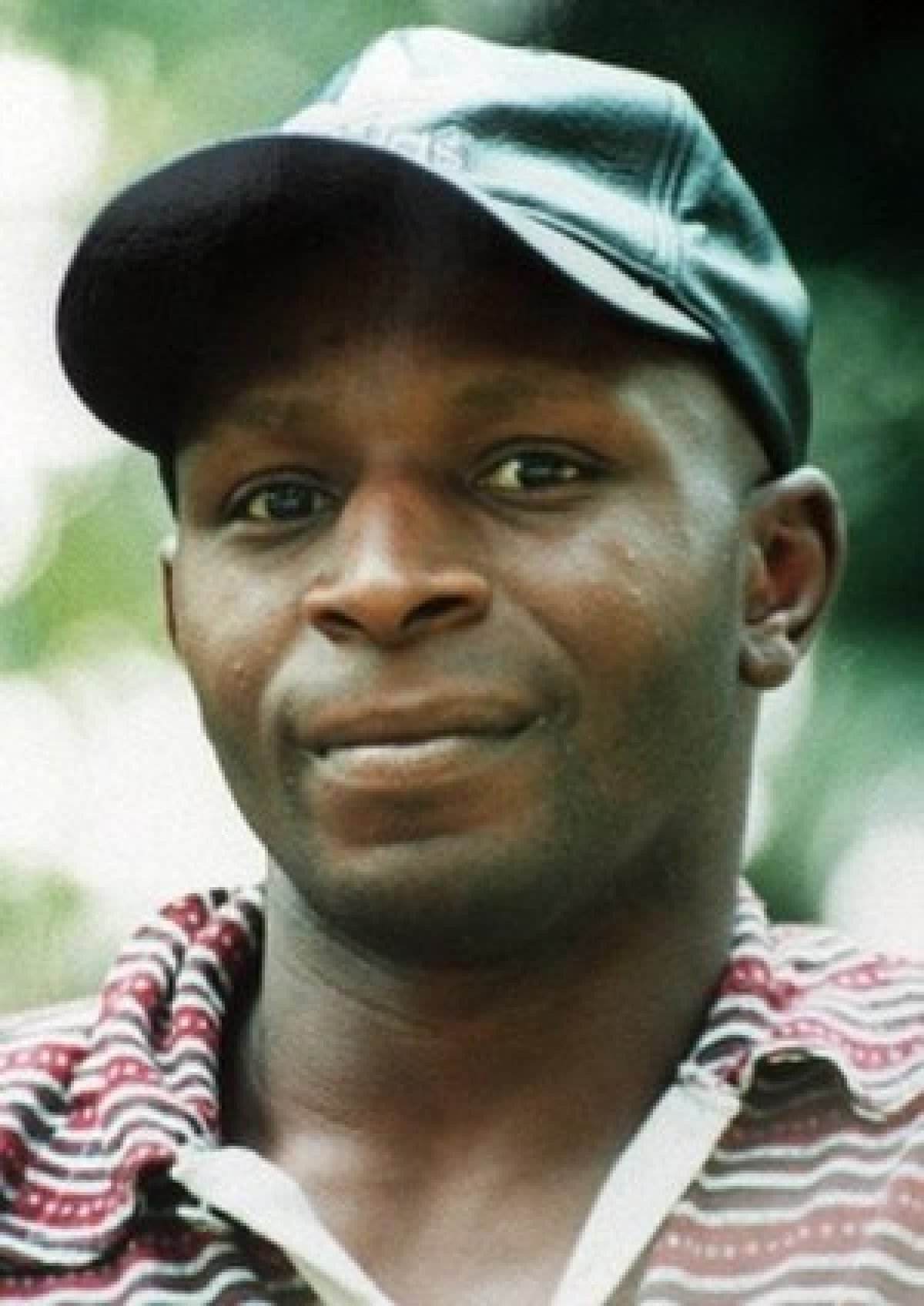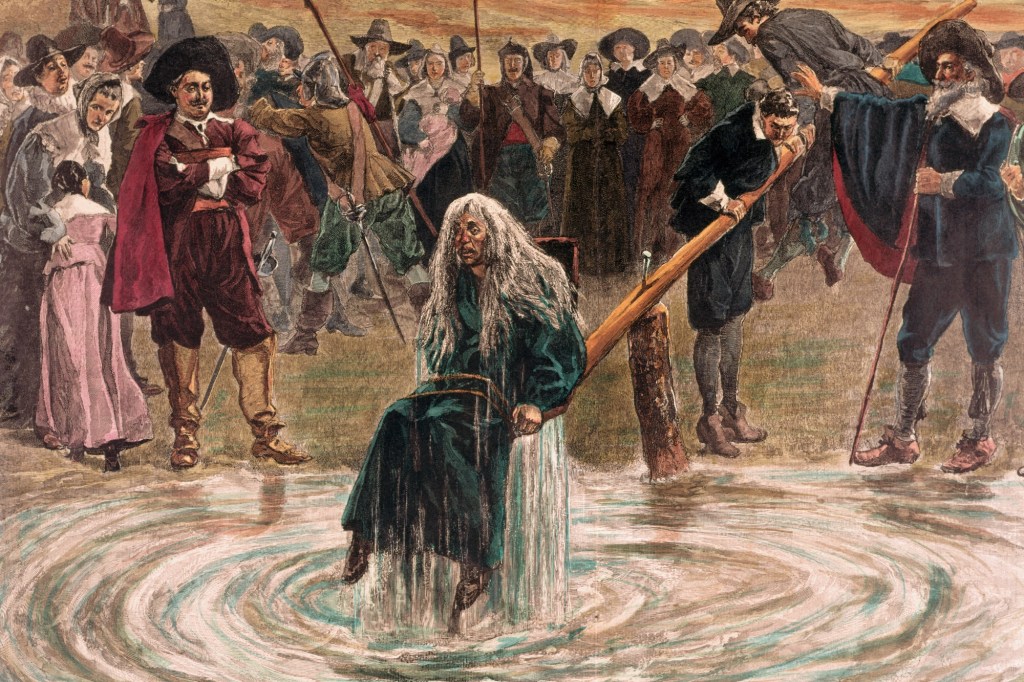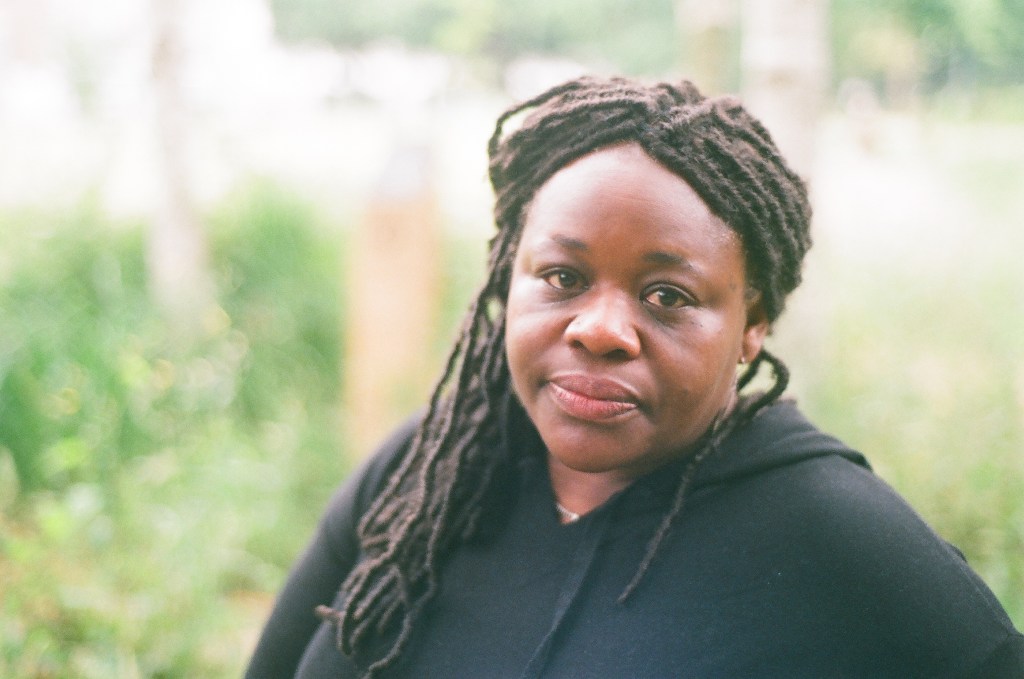This year marks the tenth anniversary of the fatal shooting of Mark Duggan. Duggan is one of many people to have died or been seriously injured during an interaction with British police, yet no officer in the UK has been convicted of murder following a death in custody since 1969, and only two have been found guilty of manslaughter. In ‘Those Left Behind’, we meet British families from different generations who have lost loved ones to police brutality.
Christopher Ibikunle Alder’s life was abruptly cut short at the age of 37.
Videos by VICE
The former British Army paratrooper lost consciousness after being assaulted outside a Hull nightclub in March of 1998, regaining responsiveness when transported to the Hull Royal Infirmary. Police officers – who had initially been called to the club, and later arrived at the hospital – described the father of two as “heavily in drink” and apparently well enough to be detained.
Forcibly removed from the hospital, Alder was taken to the nearby police station. At some point during the journey, he became unresponsive again and was dragged into the custody suite with his legs and feet trailing along the floor. Lying face down in a pool of his own blood – later heard to be making gurgling noises – officers believed that he was feigning unconsciousness. The audio track of the CCTV footage shows the officers making monkey noises. When Alder fell silent, the police began resuscitation attempts, but he was pronounced dead at the scene.
A coroner’s jury in 2000 concluded that the trainee computer programmer had been unlawfully killed, but five police officers were acquitted of charges of manslaughter and misconduct in public office. In November of 2011, the government formally apologised to the Alder family in the European Court of Human Rights, saying they had failed in their duty to “preserve life and ensure no one is subjected to inhuman and degrading treatment”.
But an apology given 13 years after the fact offers little comfort to Christopher’s family, including his younger sister, Janet. Down in London for a weekend to attend a screening of Ken Fero’s film Ultraviolence, an examination of deaths in police custody in the UK, Janet made time to talk to me about her brother’s case.
As we walked over to a park near her Waterloo hotel, Janet’s exuberant energy almost belief the cruel and destructive twists her life has taken since her brother’s death – one that also involved discovering that the police had surveilled her and mixed up two bodies, leading to Christopher’s remains being retained in body bags for “training purposes”, and the Alder family unknowingly burying a Black woman named Grace Kamara instead of Christopher.

VICE: Let’s go all the way back to the beginning – what was it like growing up in your family?
Janet Alder: My mum and dad had come over from Nigeria around Windrush time. Mum was a lot younger than my dad, and she had five children really close together. I think she was suffering from postnatal depression each time she had a child – something I’ve had myself. She was displaying strange behaviour and they kept putting her in a psychiatric hospital all the time, giving her electric shock treatment.
My dad must’ve seen enough of it and allowed her to go back to Nigeria. He thought it would be best for us to stay here, so we were brought up in Hull within the care system. I’ve got four brothers. There was Emmanuel, who just died not too long ago from COVID-19; Richard; Christopher, who was killed; and Steven, who’s in a psychiatric hospital. We’ve had a hell of a time.
I mean, that’s putting it lightly. What was your relationship like with Christopher?
Me and Christopher were close in age; there was only a year between us. The majority of my memories are from childhood, like in our children’s home when we were having difficult times. When we went to school, we were the only Black family, so whenever there was any racism, my brother would stick up for me. My family could look after themselves physically, and I think it was their way of fighting racism. Christopher was the one I would run to all the time, and he protected me when I couldn’t protect myself.

That sounds like a clearly special bond. By 1998, where were you at in life?
By then I’d, more or less just gotten myself together. For the first time in my life, I was making decisions myself, instead of just falling into situations. I’d just got myself a really good job, and then the bombshell: the knock on the door came.
I’d just been out with my friends, I think, and there was a knock and it was a policeman on his own. He asked if I was Janet Alder and I said yes. He said, “It’s about your brother, Christopher. He died in police custody. Police custody could mean that he was sat next to a police officer.” I said, “Oh my god. Look, we’ve already had a bad enough life. What is going on?” He said that he didn’t know, he’d gotten the message by fax with two lines. I told him to get out. My brother’s died in police custody and they’ve sent a policeman to my house to tell me.
It was as if someone had just thrown a massive big rock into my mouth and it just wouldn’t fit my stomach. I just cried all weekend. I never slept for weeks on end. My life just changed. Everything changed. I got a really good solicitor and was supported by some friends.
We eventually got the paperwork – firstly the postmortem reports. I read and thought, ‘There’s nothing on here saying that Christopher shouldn’t be walking about ‘til this day.’ I kept reading and was learning about how they burned his clothes, police officers’ clothing was dry-cleaned and returned, they hadn’t done blood smears. They were basically trying to say that they didn’t know how he died, that it was inconclusive. I just think, ‘Well, you know how Tutankhamun died, but you don’t know how my brother died?’
They wouldn’t let me see the [CCTV] video because I would be too vocal to the press. Whenever I found something out, I’d just tell the press. So, for two years, they psychologically had my family’s emotions in their hands because we couldn’t see the footage of Christopher’s death. However, just before the inquest, they let us see it. When we watched, I focused on what the police were doing, how they were reacting. I didn’t want to focus on Christopher, I just didn’t want to do it.
We tried to get the Crown Prosecution [Service] to prosecute, and they said they couldn’t find any evidence demonstrating wrongdoing by the police. It’s just gone on from there, really. So much has happened over the years. I knew they were spying on me, and that came out in 2012, and then we got them to the European courts. [Humberside Police has admitted to unauthorised surveillance of Janet Alder and her barrister.] So, I’ve said all that without any questions!
Honestly, you’ve been answering questions left, right and centre, so thank you so much for sharing. My next question would be around what kind of support you received from friends.
All my friends left. At first, people were all over me, which was overwhelming. It felt like an invasion of privacy, plus I’m also quite a proud person. But, over time, they dispersed.
[At this point, we walk over to a different part of the park.]
You know something? I think that tree behind us is an alder tree. Yeah, it is.
That’s so serendipitous.
Right, where was we?

Well, I’d love to move on to how you’ve been coping across these decades.
It’s been difficult, and I couldn’t have done it without the support of the ordinary people who enabled me to have a bit of strength. There were times when I was travelling every two or three days to campaign, fundraise and speak at different events, raising awareness around what happened to Christopher.
I’ve been trying to relax a bit, I guess, and— not get back my life, because you’ll never get those 23 years back, but I knew that I was poorly and needed to recuperate. I needed to go away and do it in my own time. That means you’re left with everything in your head. You’re left with trying to rationalise everything that’s gone on. But, I thought, at least we’ve buried my brother. And then, in 2011, we found out it wasn’t Christopher we’d buried.
How did that come about?
I got a call from the police, who wanted to meet me, so I arranged to meet them in a nearby cafe. They said they wanted to tell me the truth and give me the full picture. As it transpired, they don’t know how the bodies got swapped. They tried to make all kinds of excuses for why Christopher was in six body bags.
Six?
Yep, one on top of the other. It’s been a right ordeal from the beginning. They showed contempt for Christopher, even long after he had died.
With that in mind, what would justice for Christopher look like to you, if anything?
Too late for me, justice. Justice is something that you do, with a meaning, at the beginning. What I do want is an acknowledgement and greater awareness for young people in the future, and just generally trying to prevent this happening again.
That’s absolutely fair. What are some of your favourite memories with Christopher?
When we used to dance, especially at discos. Everyone used to crowd round and everything. I used to be really proud. He was also a comedian and super sensitive. Neighbours in Hull used to mention how he would help them, and girls used to say, “He really protected me.”
More
From VICE
-

(Photo by Bettmann / Getty Images) -

Jesus, Mary Magdalene, Judas Iscariot, and some fourth wheel at the Last Supper (All photos by Paige Taylor White) -

Alvin Kamara of the New Orleans Saints (Photo by Chris Graythen/Getty Images) -

(Photo by CFOTO/Future Publishing/Getty Images)



